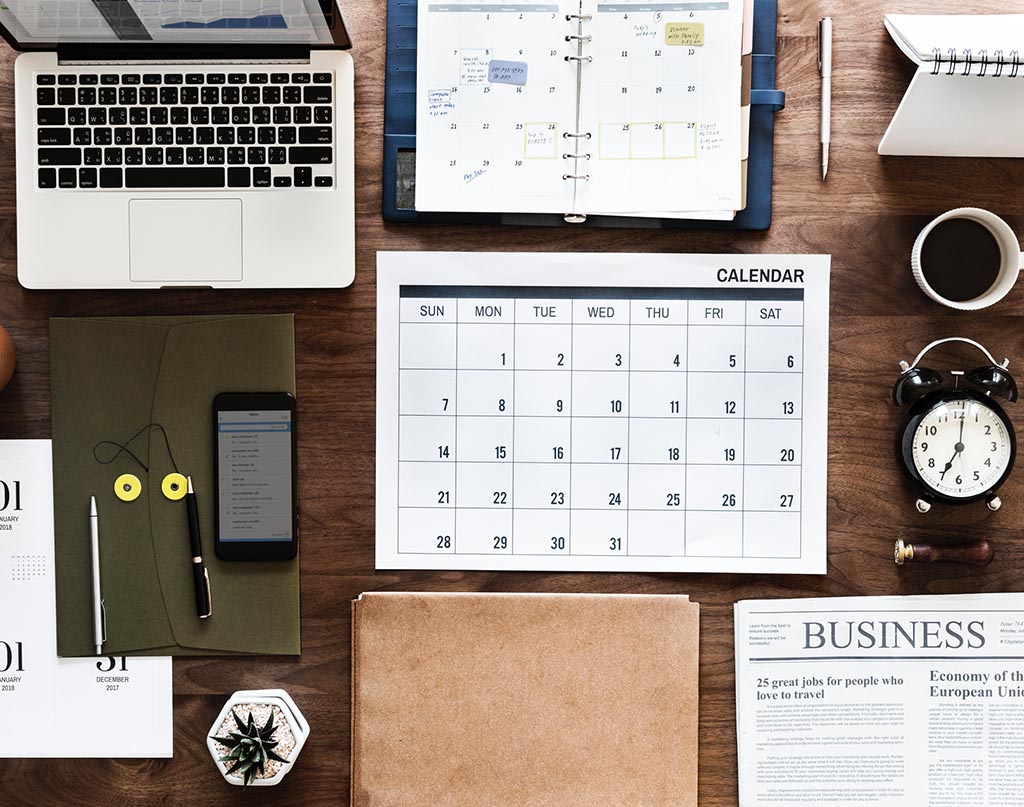Two-thirds of UK workers are annoyed by co-workers’ messy desks, but half don’t tidy theirs every day. Contributor Darryl Brunt, UK & Ireland Sales and Marketing Director – Fellowes.
‘New research looks at workplace organisation as ‘Tidying Up’ trend hits UK offices’. As Tidying Up star Marie Kondo’s decluttering crusade on Netflix continues to inspire the nation at home, when it comes to organisation at work, it seems the UK isn’t quite as organised, according to research released today.
The study, that looked into organisational habits at work, found that almost two thirds (59 percent) of those surveyed said they regularly procrastinate over organisational tasks, with less than half of UK office workers (45 percent) tidying their desk daily. Ironically, 63 percent admitted they get annoyed when nearby colleagues’ desks are messy.
Despite these recent revelations, nearly all (94 percent) respondents said that being more organised in the office makes them more productive, with 61 percent who claimed it also makes them a better worker.
The study of 1,250 office workers, conducted by Bankers Box by Fellowes, also revealed that one in ten people admitted to keeping documents for up to two years on their desks. Fellowes UK & Ireland Sales and Marketing Director, Darryl Brunt, comments: “Our study shows how offices across the country are crying out for better organisation, as years of paperwork and records pile up, making it difficult to focus and find important information.”
He added: “What’s worrying is that although people are aware their productivity is being affected, many office workers still aren’t regularly organising their workspace, which our research shows is to the detriment of productivity and success.”
Following the study, Bankers Box by Fellowes took a leaf from Marie Kondo’s book and developed a five-step guide to decluttering and organising things at work.
Here are five ways to do a Marie Kondo job on your office
Sort through your papers: Put all the loose papers you have together on your desk, then take just fifteen minutes to sort through each one, deciding if it’s active, semi-active, archivable or disposable. Everything semi-active or not needed to hand can be archived and should be stored in your storage system. Anything you don’t need should be disposed of correctly, making sure to shred anything confidential.
Find storage that works: Start organising your workspace by investing in a good storage system. As you clear your desk, knowing where your documents are will help you save time searching for them in the future and boost your productivity. Bankers Box by Fellowes keeps documents organised and secure without taking up too much space.
Create a Records Management System: This can be used for any files you have on your desk that you use on a more regular basis. By sorting into a clear system, papers can be located easily, and you can free up desk space (and feel better for it!). Decide between storage units, transfer files and storage boxes, depending on how much space you have and how often you need access.
Organise office objects: After your paper documents are sorted, move on to miscellaneous and sentimental items. Firstly, any office equipment you use daily should be kept somewhere the whole office has easy access to. Other office equipment can be stored elsewhere to free up desk space and allow more space for any sentimental items like photos you want to keep, without feeling too cluttered.
Stick to your new rules: Once you’ve put all this time into organising your desk, make sure you don’t return to old habits. By dedicating just five minutes at the end of your day, you can keep your systems working and keep your documents in order. It’s also worth planning when the next tidy session should be, to ensure you stay on top of all documents and everything is stored correctly.
A good filing and storage system enables you to be more productive and organised– whatever kind of business you work for. Not only will it help you keep your desk clear and tidy, but you’ll also find it much easier to locate important information quickly.







